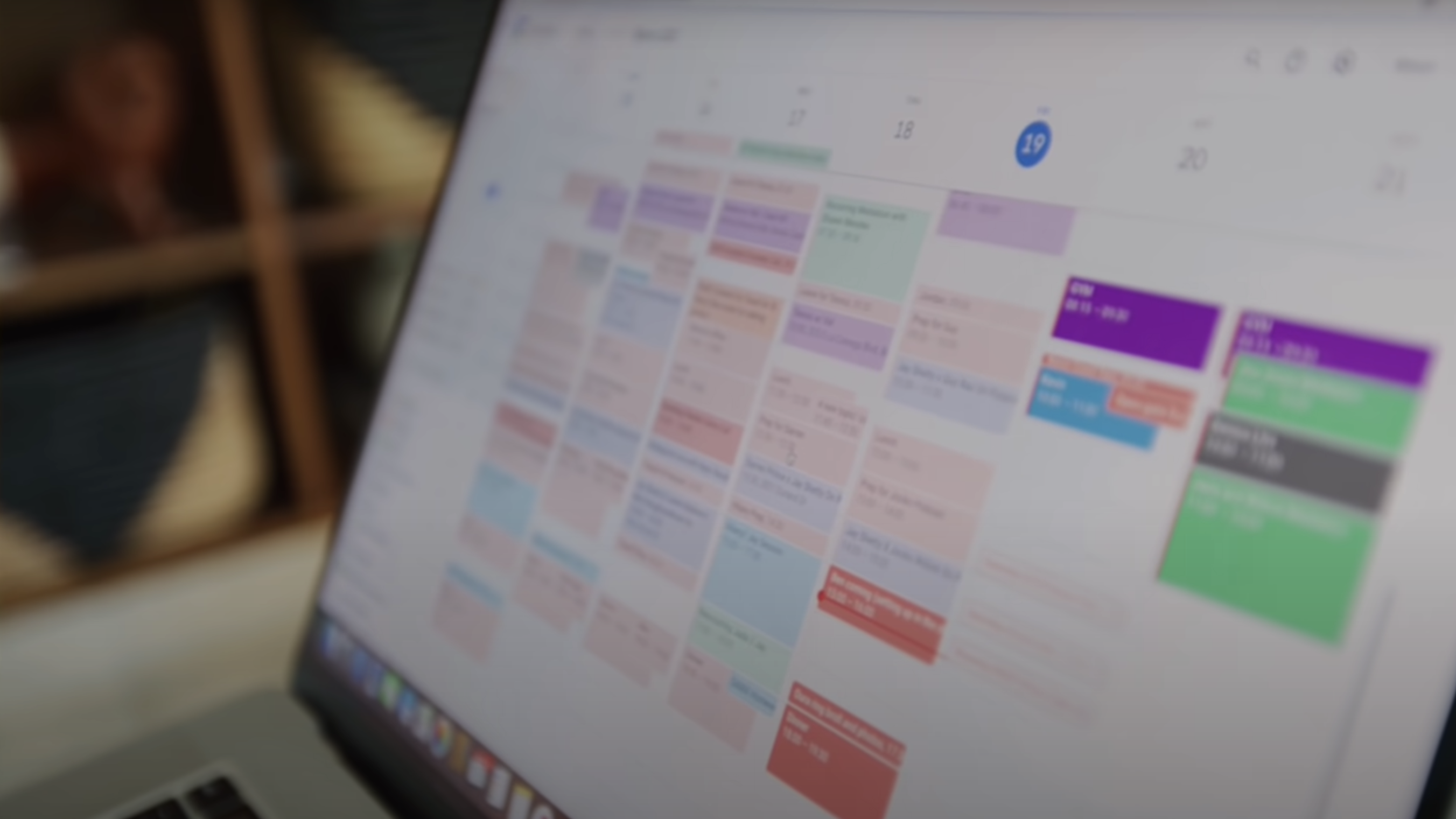One day I was sulking over the pitiful return I got from my money in a bank’s saving account (The rate of interest offered by my bank is a little shy of 0.01% for a balance over $5000 and 0% on balances less than $5000). My colleague shared a similar disappointing story of seeing his money stay the same over a period, giving no returns. He was a risk-taker and invested in crypto about a decade ago. I stayed put as I knew little about crypto and thought it was all a scam! Fast forward ten years, he now owns a healthy bank balance or, should I say, digital currency balance and a brand new mode of payment!
Cryptocurrency has come a long way in the last decade. Cryptocurrency ownership increased 63% just in 2020, and the valuation exceeded $2 trillion for the first time in April 2021. Bitcoin has been one of the oldest and most iconic cryptocurrencies in the blockchain domain. Closely following its footsteps is the Ethereum blockchain – the second largest digital coin. And both combined hold the most significant shares of crypto valuation.
This trend is here to stay and become a financial revolution in the currency world.

There is an increasing interest in buying and using cryptocurrency, especially among millennials, as this is the future of payments. Consumers don’t want to miss out on this lucrative investment opportunity or miss being part of the futuristic trend of being able to pay with digital currency for retail purchases. The market has a strong interest, and the findings suggest that current owners, former and even non-owners, are eager to own and use cryptocurrencies for making purchases in the future. As per the Cryptocurrency Payments Report May 2021, “12% of consumers (a projected 30 million) currently own one or more cryptocurrencies, 4.5% (11.5 million) have owned them in the past, and 17 million non-owners may acquire cryptocurrency to make purchases in the near future.”
Currently, crypto owners have spent their digital currency on making purchases of jewellery, grocery, online gaming/gambling, food delivery and even real estate. They would like to pay for retail products, travel, financial services, furniture and appliances and streaming services with cryptocurrency.
All they await is more merchants to open doors to cryptocurrency and start accepting the new mode of payment! So, merchants pay attention!
Here are 5 reasons why businesses should join this revolution and should consider accepting cryptocurrency:
1. Opening doors for new customers
Businesses can give their brand an instant facelift by accepting virtual currencies. It provides a cutting-edge image to the company, attracting new customers keen on spending cryptocurrency.
2. Lower fraud risk
Unlike credit cards, cryptocurrency is safe from chargebacks or fraud. The transactions processed with cryptocurrency usually cannot be reversed or cancelled, which means lesser chances of fraud.
3. Lower transaction fee
Businesses can potentially save a lot on the processing fees they usually pay on transactions using the traditional methods. With cryptocurrency, the processing cost will reduce even more if using the same blockchain crypto. Hence, businesses will eventually get a bigger slice of the profits.
4. Lesser trading risk
Cryptocurrencies are meant to pose smaller risks. The market fluctuations do not affect the value of your business when you are dealing in cryptocurrency.
5. Boundaryless payments
In this international market, especially in post-covid conditions, businesses can go global by accepting digital payments from anyone anywhere. Anyone having an internet connection can make a purchase without worrying about the exchange rates for currency conversions.
Cryptocurrencies have been gaining momentum and have caught the eye of one too many. This is one of the ways to stay ahead of the competition by taking on the forward-thinking opportunity.
Robert Kennedy College has recently become one of the merchants where one can pay with cryptocurrency. RKC offers a secure method to pay your course fees using Coinbase. Payment is accepted using Bitcoin, Ethereum, USD Coin and Litecoin.
Talk to one of our advisors on WhatsApp to know more about paying course fees using Coinbase.




































